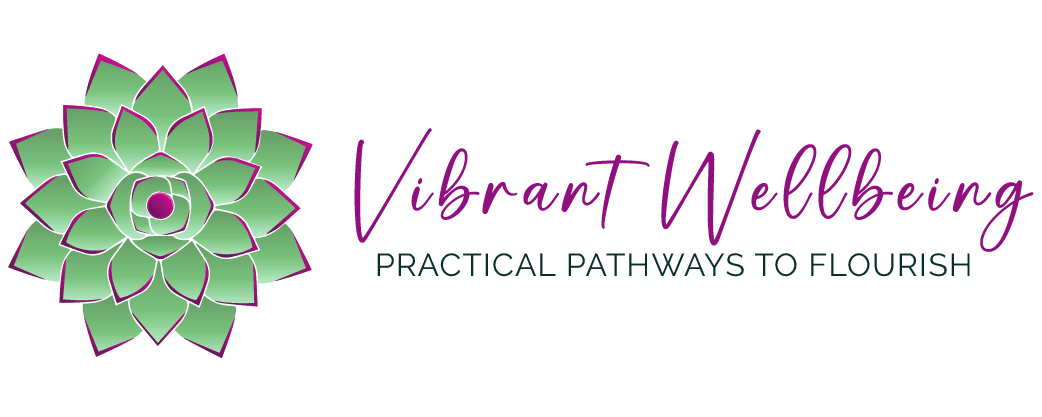Right now, are you:
a) Paying full attention
b) Half reading this, half doing something else
c) Sorry, what did you say?
How often do you find that youʼre doing one thing but thinking about something completely different? Your body is here, having a conversation or doing the task at hand, but your mind has drifted off…. itʼs thinking about the next thing you have to do, or the meeting you just had, or itʼs remembering the great BBQ you went to on Saturday, …. and on and on it goes. Sound familiar?
Well, youʼre not alone on that one. We all do a bit of daydreaming, or replaying, or planning the next item on the list. Obviously we need to plan ahead and review the past. But itʼs also important to pay attention to what is going on at the time, so that we’ve got the presence of mind to respond appropriately rather than being absent-minded. Life can be so busy and full of so many competing demands that we often donʼt give our attention to what weʼre actually doing. When that happens, there’s a real risk that we donʼt notice whatʼs right under our noses. Weʼre so busy in the past or future that weʼre not aware of whatʼs happening in the present.
One of the most common causes of this is stress. Stress changes the ability of the brain to focus and it can create such a scattering of attention and feeling of being overwhelmed, that the Harvard Business Review published an article about it in 2008, called ʻOverloaded Circuits: Why Smart People Underperformʼ.
Mental overload negatively affects performance in both sport and in the workplace, with the results ranging from reduced ability to think clearly and perform effectively, through to poorer decision-making, strategy and planning skills, and less effective team work and people management skills.
Burnout and mental overload are an increasingly common symptom of modern life, and is something that neuroscience and medicine are now keenly exploring. Overloaded brains increase stress levels and the resulting effect on health and performance are measurable. A certain amount of stress can be an excellent spur to get something done and can really sharpen your reactions or response time to a situation. However, too much stress and for too long has the opposite effect: chronic stress is a risk factor or aggravating factor in just about any health condition you can think of, and its effect on performance is what we commonly call burn-out.
Even good workplaces have stress: deadlines, difficult clients or colleagues, budget cuts. Itʼs not always possible to change those things but you can address the way you respond to and deal with stress.
Research shows that strategies that address and reduce overload and stress lead to a marked improvement in
- the ability to think clearly
- the ability to stay focused
- more effective performance at work, sport and other activities
- improved quality of sleep
- improved general health
Mindfulness is very effective in reducing stress and improving focus. There are a number of mindfulness-based stress reduction (MBSR) techniques and wellbeing strategies that make a significant difference to how your brain functions, as well as to your moods and health. There is consistent and growing evidence that mindfulness, although gentle, is possibly the most powerful way of dealing with a whole range of performance and health problems because it is so effective in eliciting the relaxation response and training the attention.
Some of the strategies are quick ʻin the momentʼ ones, like taking a few deep breaths when you notice that you’re getting worked up or when youʼre about to go into an important meeting. Itʼs so simple that itʼs almost too obvious, but it works. Exercise is another good mindfulness-based tool for reducing stress. By focusing you on what you’re doing, whether it’s a game of tennis or writing up a report, you find yourself being in the present moment, and other thoughts or worries recede. Afterwards, you’re refreshed and more alert. Other tools take a little time or more practice, such as learning to observe but not struggle with unnecessary thoughts, reactions or sensations, but instead to be aware of them and learn to observe but not be distracted by them. These all have a huge impact on how well you function day to day and under pressure. Other strategies are directed toward establishing and maintaining habits or behaviours that help reduce stress and burn-out, such as eating healthy and regular meals, exercise, good quality sleep, and having a life beyond the office, such as time with family or sporting and community groups.
You may be aware that stress-related claims cost Australian business more than $200 million annually. And, conversely, the healthiest Australian employees are almost three times more productive than their unhealthy colleagues. (WorkSafe Victoria). Add to that the prediction that in 10-20 years, mental health is expected to be the major burden on our health system, and you can see why itʼs so important to take care of our mental and physical wellbeing – for our own sakes as well as the business bottom line.
In Vibrant Wellbeing coaching and corporate workshops, we address these issues such as:
• the relationship between stress and workplace performance due to its effects on the brain and cognitive function
• the flow-on effects of stress in the workplace, including presenteeism, absenteeism, communication and relationships with colleagues
• how stress affects health and immunity
• fast & effective stress reduction techniques to prevent burnout and improve focus
I’d love to hear your strategies for staying focused and managing stress (both at home and at work). Or if you’ve got questions, just ask!


0 Comments